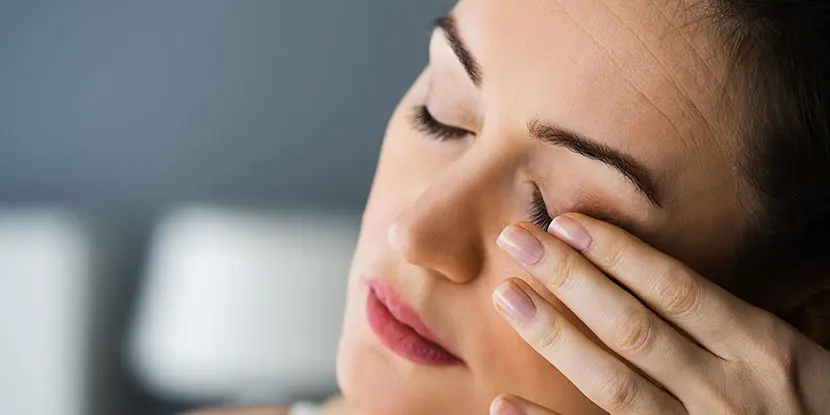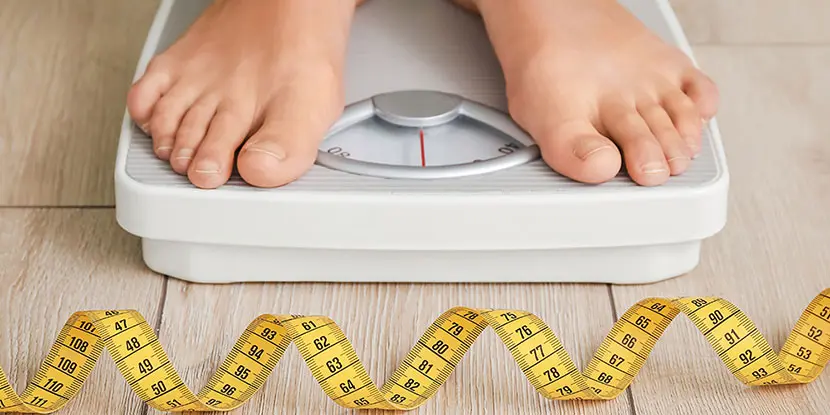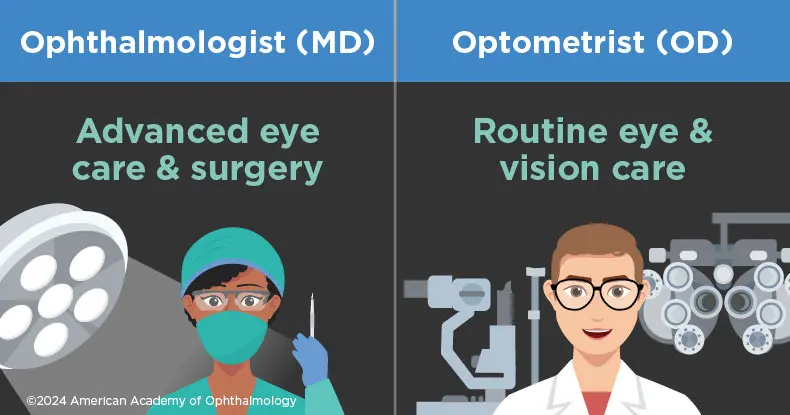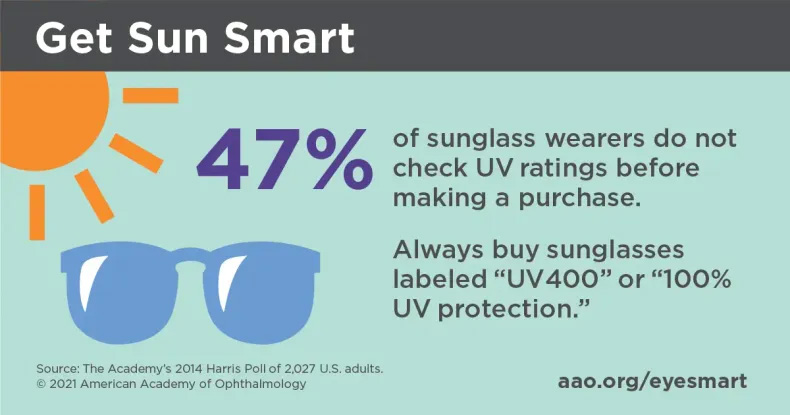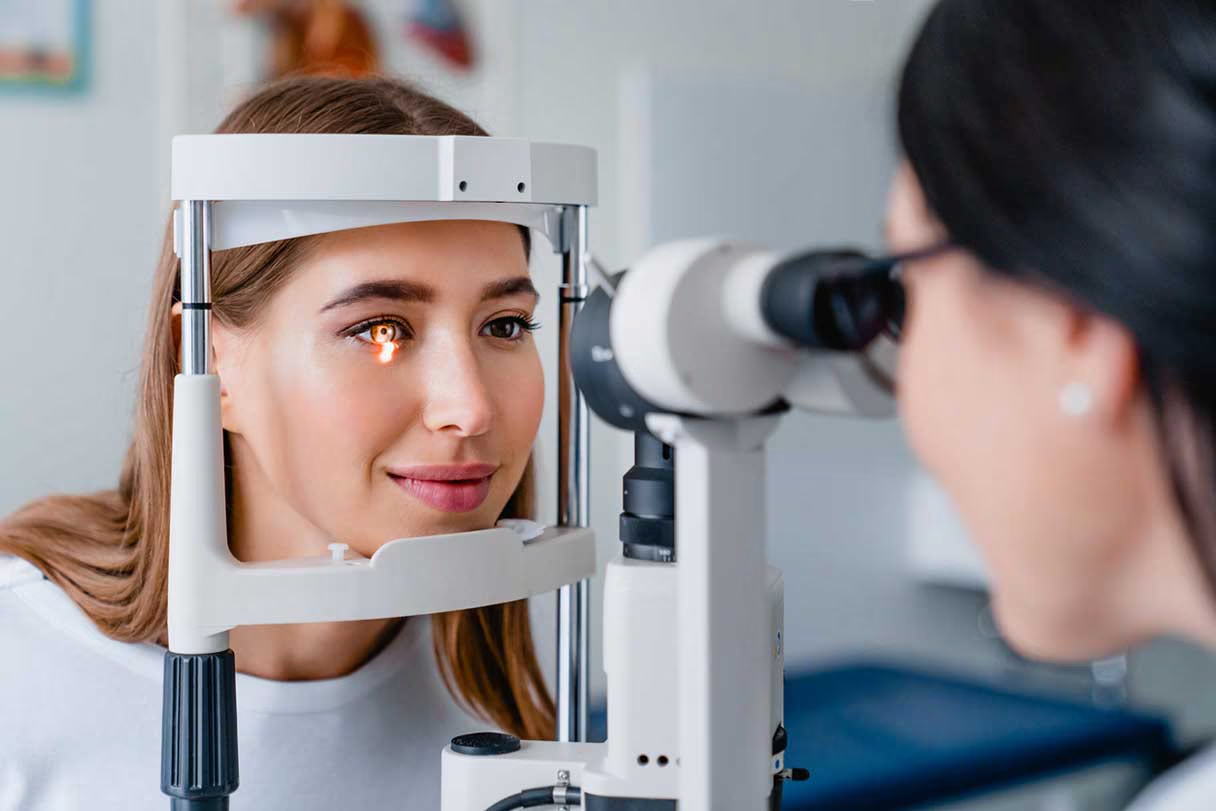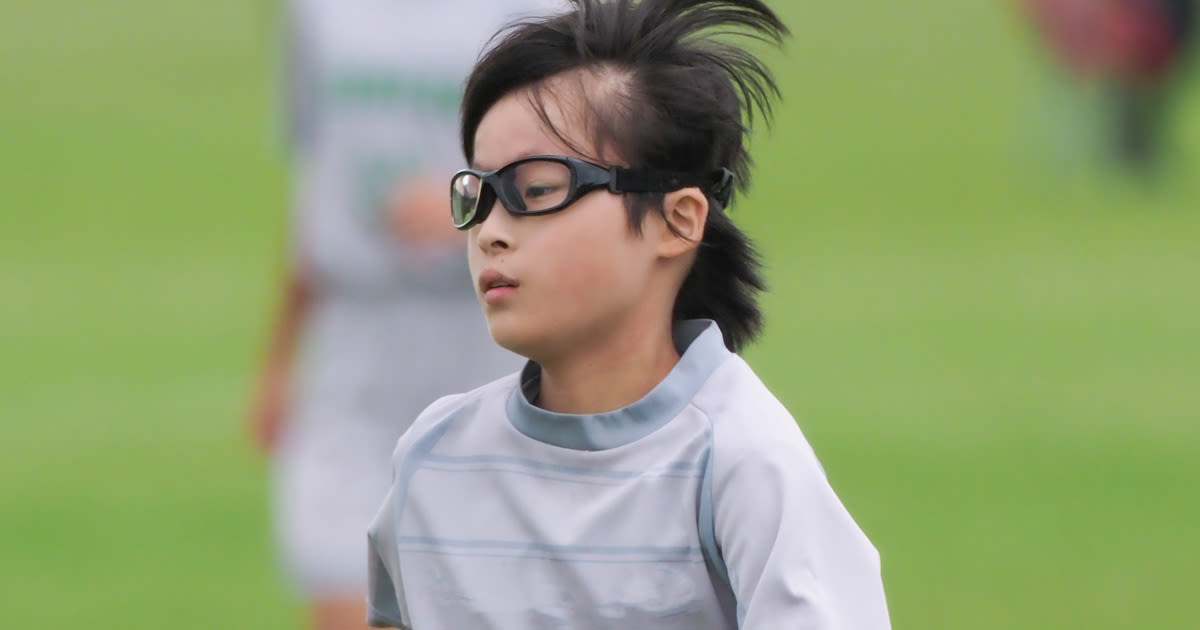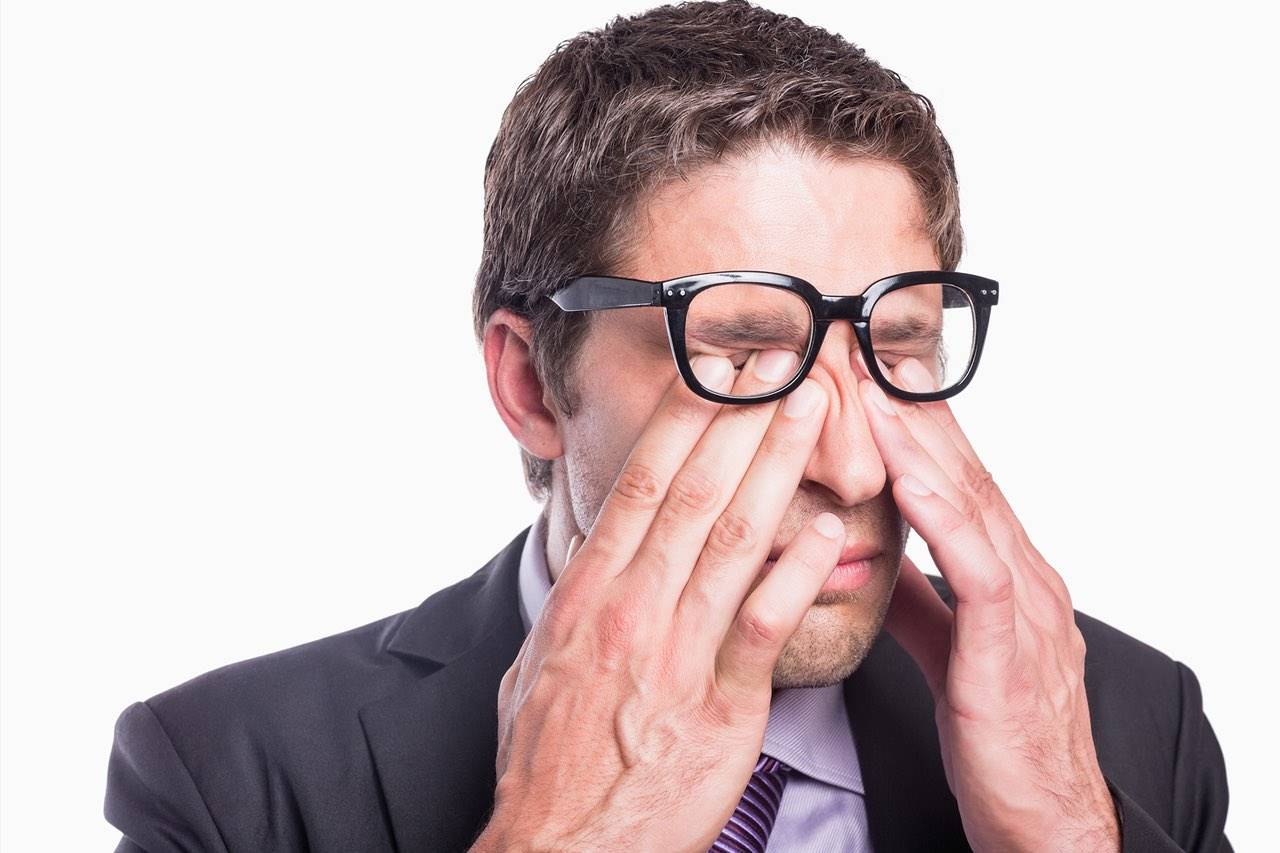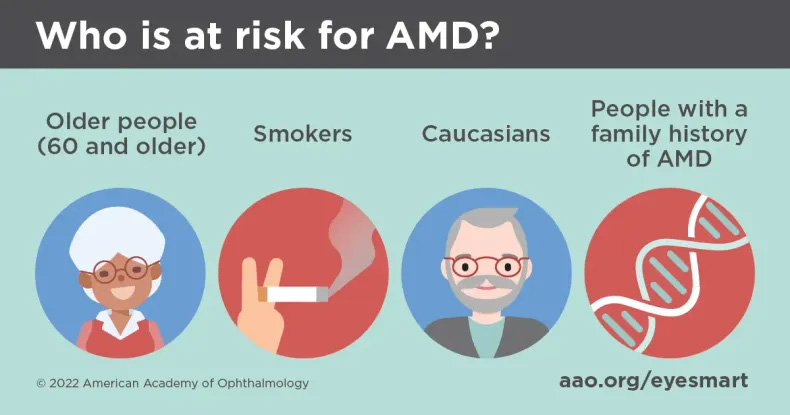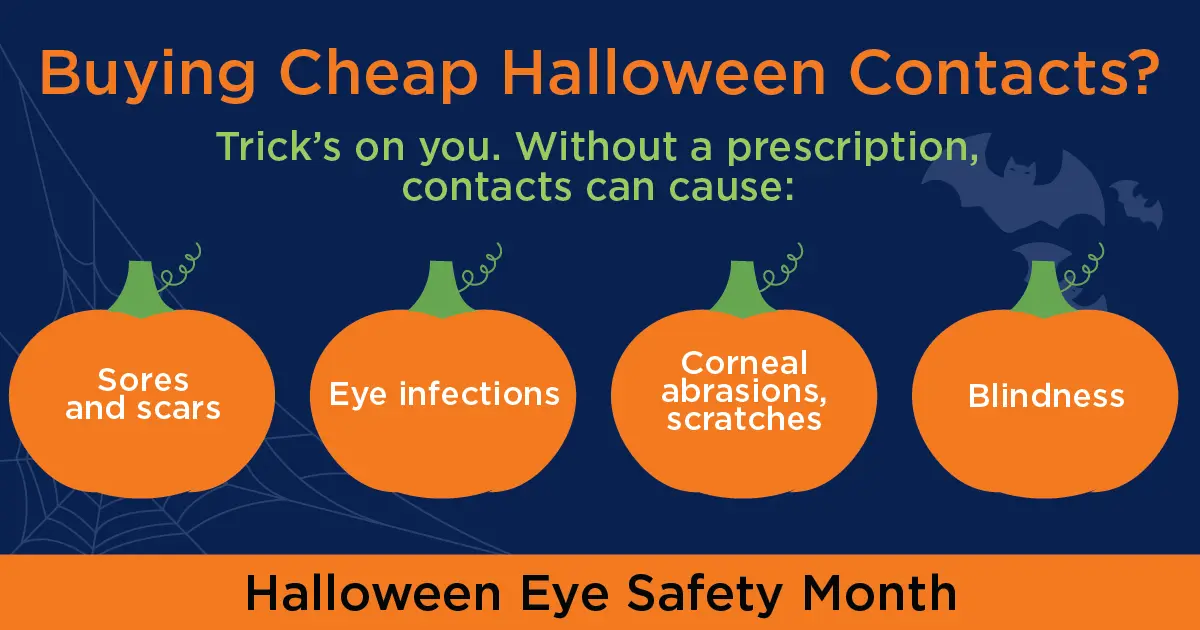Should I be worried about my eye twitching? For the majority of us, the common eyelid twitch is a brief and minor annoyance. An eyelid twitch (or tic) is when you have a spasm or slight movement of your upper or lower eyelid. It comes on suddenly, and can last for a minute, hours, days or even longer. If you've ever experienced an eye twitch for an extended period of time, you know how annoying it is. Is eye twitching a symptom of a serious condition? Most common eyelid twitches are harmless, slight, and do not affect your vision. However, there are some neurological problems that can make eyelid muscles contract, such as blepharospasm and hemifacial spasm. These less common conditions generally tend to cause the eyelids to close more…
